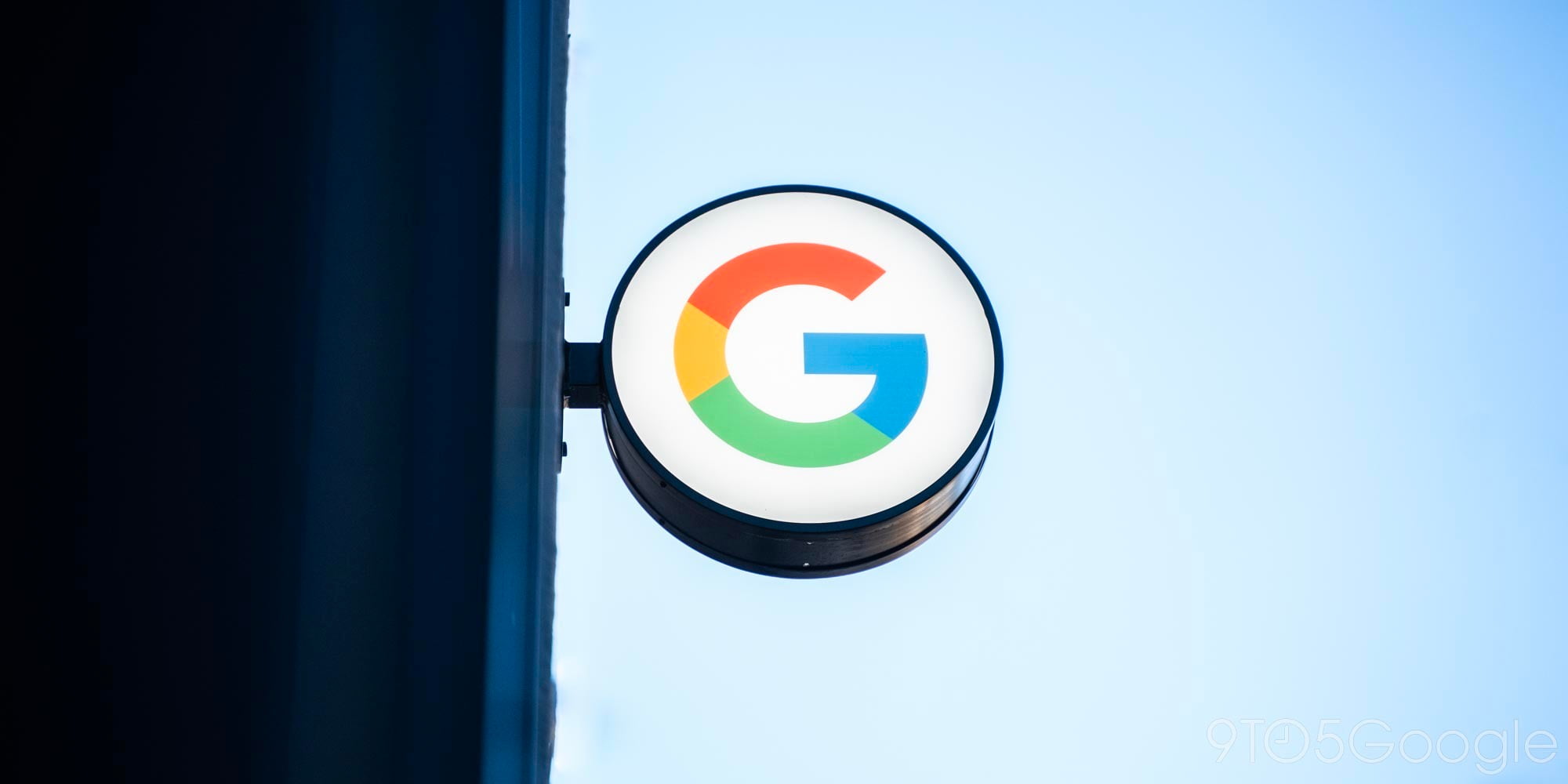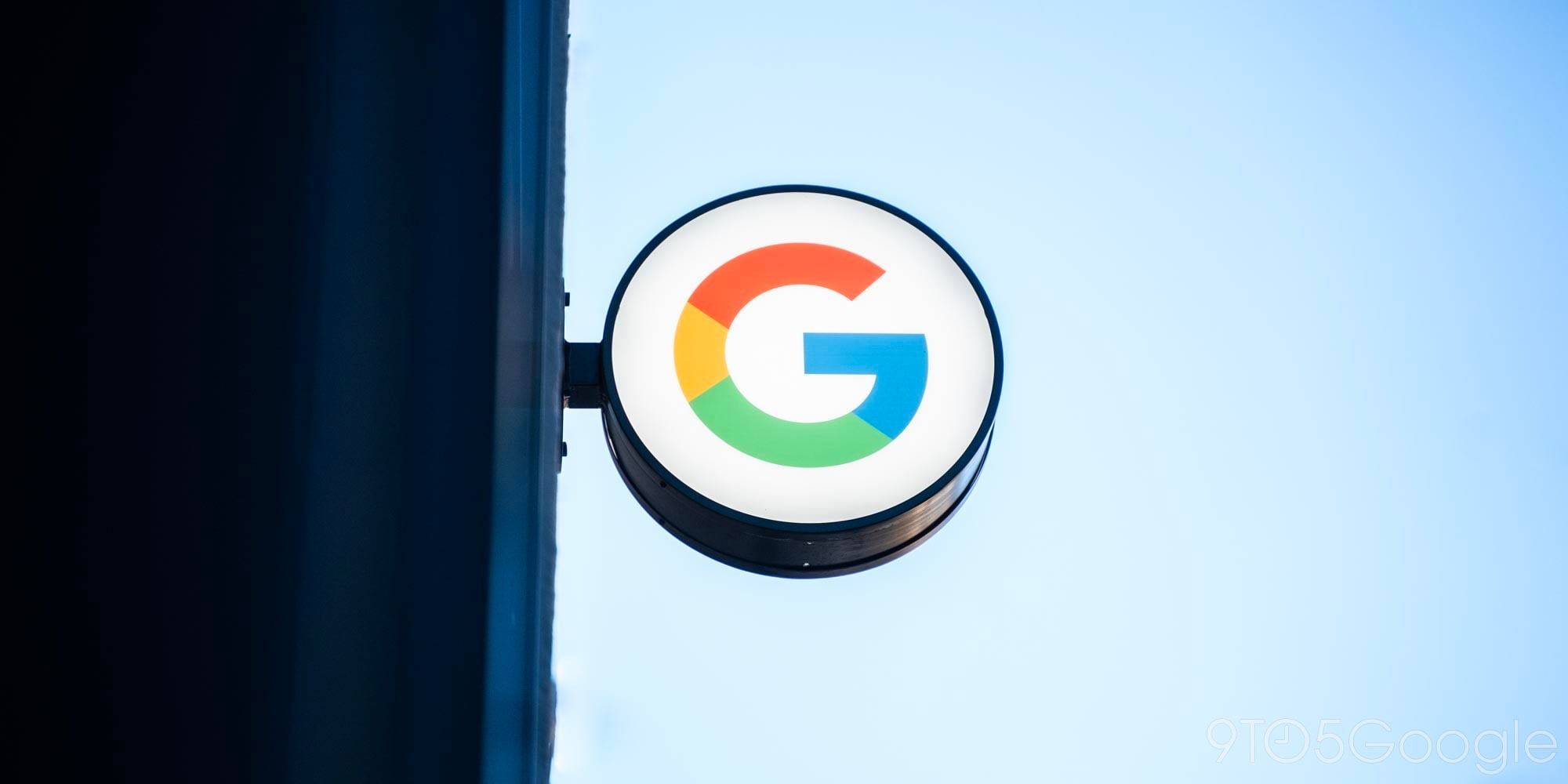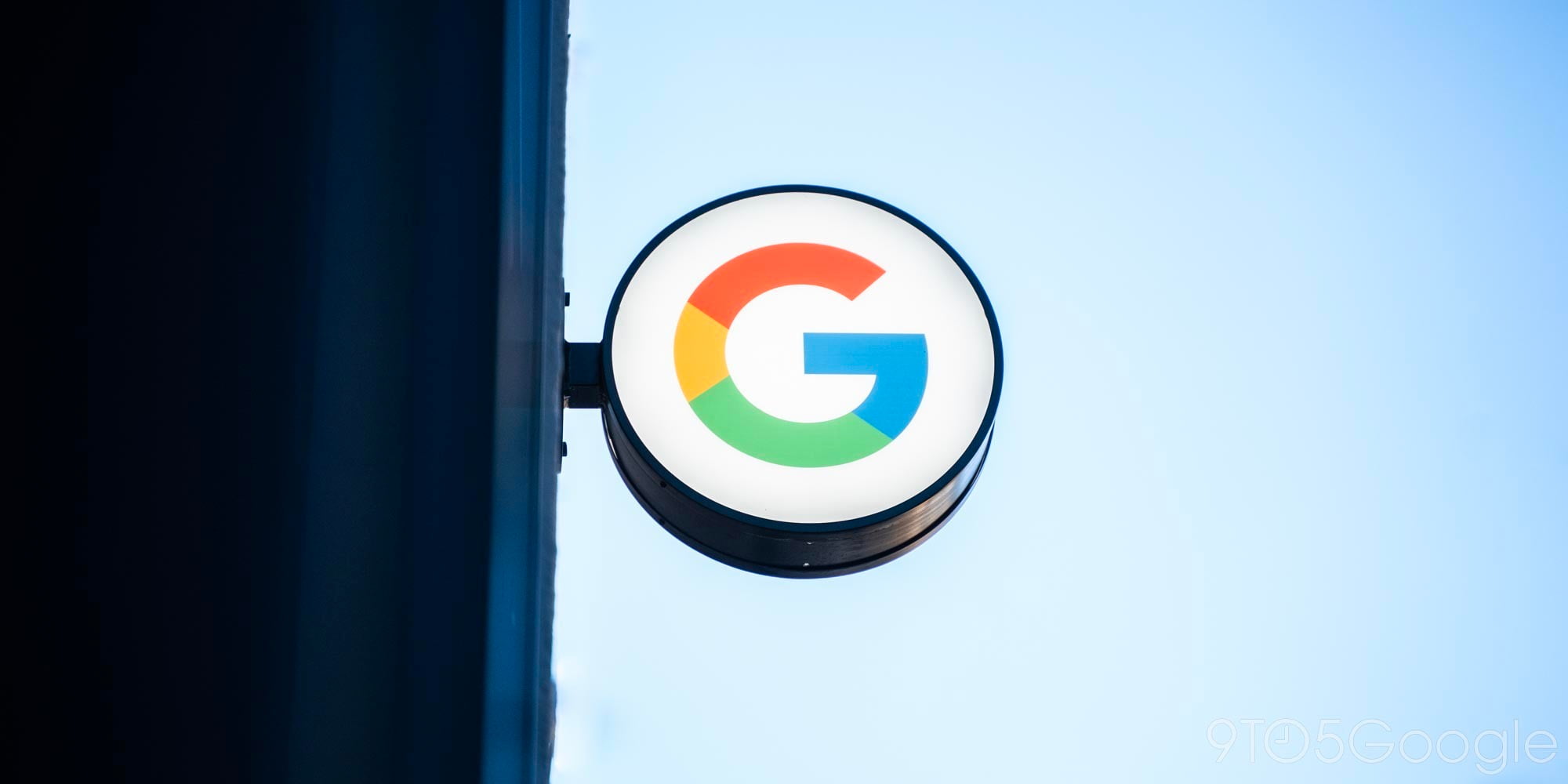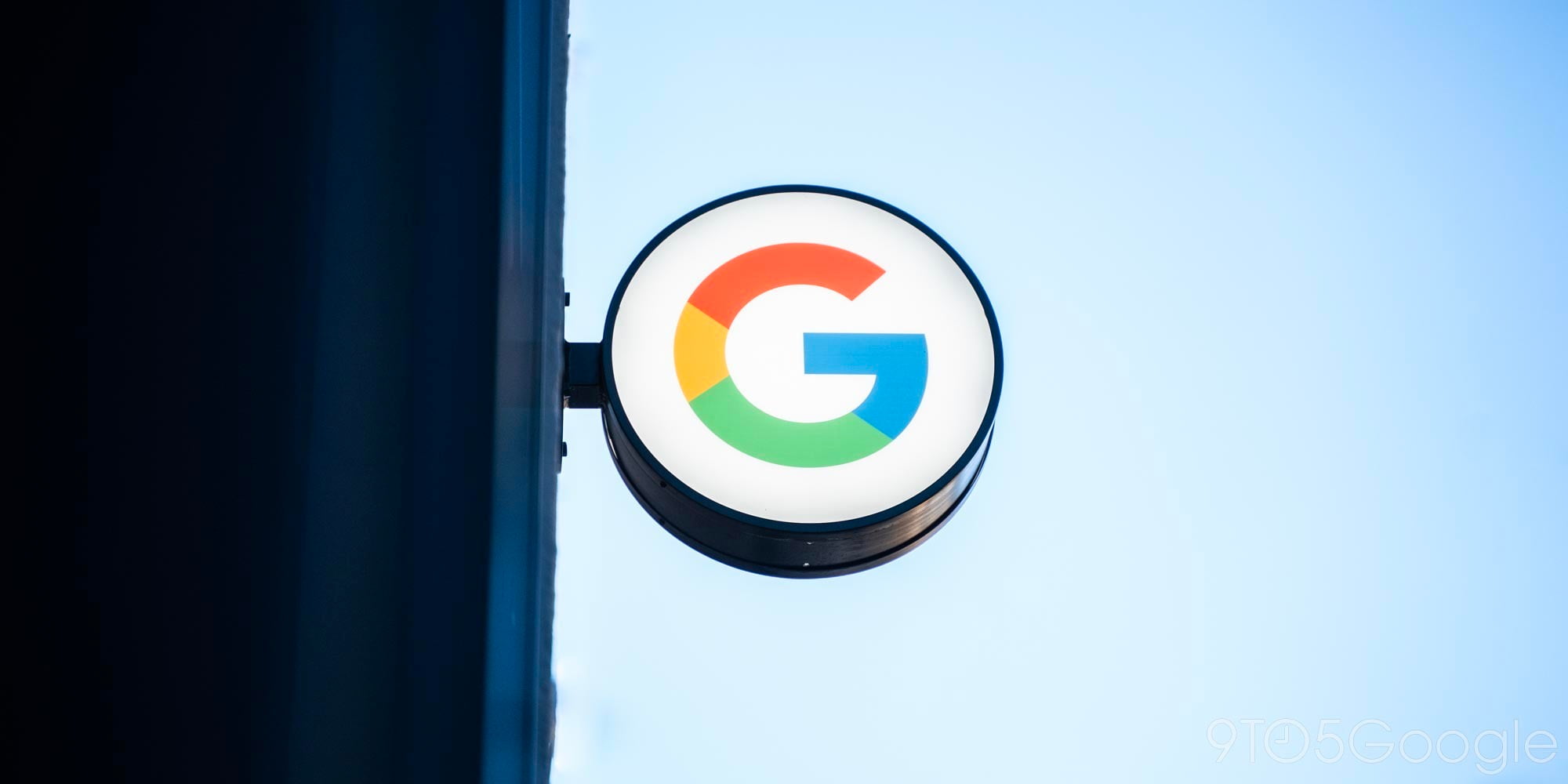Machine learning



Google’s latest A.I. Experiment is not only a fun and clever tech demo, but it also makes for a useful drawing tool. AutoDraw leverages machine learning to replace your scribbles with illustrations from talented artists in order to quickly draw something.


Formerly Google Ideas, Jigsaw is an Alphabet company aimed at using technology to “make people in the world safer.” Their latest project uses machine learning to identify toxic online comments and is intended to help foster harassment-free discussions.


Machine learning tasks, like image processing, are better suited running on GPUs rather than traditional CPUs. Google is now leveraging that by allowing its Cloud Platform users to attach GPUs to existing virtual machines and workloads.


Google uses machine learning in a lot of unique ways, and the company is constantly branching that technology out into new apps and services. This week, Google has released another new service that runs on top of machine learning, ‘AI Duet.’


Back in November, Google showed off a machine learning technique that enhances low-res and blurry images. The RAISR technique is now being used in Google+ to display high-resolution photos while using an impressive 75% less bandwidth.


After making huge strides with AlphaGo and beginning work on replicating similar victories in StarCraft, Google DeepMind is setting up a new US division (via Bloomberg). Specifically, the first team outside of London will work on more consumer-facing products and on solving “real-world problems at Google-scale.”


Japan is a thriving country for RPGs (Role-Play Games), but most of them unfortunately remain unaccessible to a lot people due to the language barrier. However, some hardcore enthusiasts don’t give up, and this time one of them offered a rather creative solution…


If it wasn’t clear enough, AI, and more specifically the machine learning sub-branch, is a big deal — and not just for Google. It’s not much of a “next big thing” aimed at supplanting everything that has come before it from above, but rather a more silent revolution branching out from underneath.
And it’s being used everywhere…

Google‘s commitment to staying ahead of the game in the field of artificial intelligence is clear, and with the rise of machine learning in particular (whose usefulness has been proven time and time again in a number of applications) the race for talent-hiring is fierce. And today, the company has scored another significant point.
Following the important catch of ex-Snapchat head of research Jia Li last week, the search giant has today secured another spot in the ever-increasing AI-centered competition between tech companies. This time it comes from Twitter…


The beautiful thing about artificial intelligence is that due to its relatively back-end nature its applications seem to be virtually endless.
Today is music’s lucky day, as sound is the latest area which has undergone Google‘s AI surgery in its recent wave of “experiments”…


We don’t need to further emphasize just how important AI and machine learning are for Google. Whether it be in its cloud services or inside of its Assistant-powered devices, like the Pixel phones and Home, we know that there is substantial room for improvement through technology, and the Mountain View firm is all for it.
Now, it seems, it’s low-res and blurry pictures’ turn…


Google Translate is ten years old and in that time, it’s grown quite a bit and gotten increasingly accurate. However, Google made a giant step in improving translations earlier this year through the use of machine learning. Now that project is expanding…


The more Google reveals its cards for the future, the more it seems clear that cloud services and AI are going to be two of its absolute cornerstones in the years to come, so much so that the company is looking to unify its disparate teams under a new, singular division, not too dissimilarly from Osterloh’s hardware group put together earlier this year.
Google Cloud‘s chief Diane Greene announced as much today, providing further information on the firm’s roadmap regarding their advancements in cloud services and how AI integrates into that. In particular, it was stressed how machine learning techniques will allow them to provide smarter services over time — like translation, computer vision, and even hiring — to enterprise customers.


After conquering the challenging game of Go earlier this year, Google’s DeepMind division is setting its sights on beating StarCraft II. DeepMind is partnering with developer Blizzard to release an open research environment that better allows AIs and machine learning systems to interact with the game.


The Play Books app has a special affinity for comic books with a number of features meant to improve the reading experience on mobile devices. Announced as part of Comic-Con, Bubble Zoom uses machine learning to magnify text bubbles in digital comics. Users can test this out now on select Marvel and DC volumes.


With Cloud Machine Learning, Google hopes to “take machine learning mainstream” by allowing developers to build “a new class of intelligent applications.” The company is launching two new natural language and speech APIs in open beta today. Additionally, a new Cloud Region will result in users on the North American West Coast seeing less latency in apps and services.

If there is one thing we are sure to be part of Google‘s future — both imminent and in its long term plans — it is artificial intelligence, and, in particular, machine learning. We saw it prominently at this year’s I/O back in May, and now the company is making one addition to its portfolio that will only further the company’s ambitions….


Google’s machine-learning head, Jeff Dean
A long-form Backchannel post by Steven Levy gives a fascinating insight into Google’s vision of the future of machine-learning. While it’s currently a specialist field, Google believes that one day it will be used by all software engineers no matter what the field, and that it will ‘change humanity.’
Google is starting small. It invites just 18 software engineers a year to join its Machine Learning Ninja Program, where they work alongside expert mentors for six months before going back to apply the approach to their own work. But Google’s machine-learning leader Jeff Dean estimates that around 10% of its 25,000 developers are proficient in the field, and he’d like that number to be 100%.
What’s notable is that all involved, from those in the Ninja program to the company’s key experts in the field, see machine-learning as something transformative …


As Apple plays catch up in many ways, the Mountain View company is doubling down on machine learning efforts that will play an important role in future products. Earlier this week, Google launched a dedicated Machine Learning research group in Europe.


Over the past few months, Google has rolled out several new features powered by machine learning. Announced at an enterprise event today, Google Springboard allows users to search through Google Apps and acts as a day-to-day work assistant, providing “useful and actionable information and recommendations.” The company also announced a major revamp to Google Sites.

 Machine learning — a branch of Artificial Intelligence that studies pattern recognition and computational learning — is at the core of many of Google‘s products. Everything from voice search to Maps‘ Street View down to Inbox‘s recently introduced Smart Replies (which are making their way into the just announced Allo) take advantage of machine learning’s incredible capabilities.
Machine learning — a branch of Artificial Intelligence that studies pattern recognition and computational learning — is at the core of many of Google‘s products. Everything from voice search to Maps‘ Street View down to Inbox‘s recently introduced Smart Replies (which are making their way into the just announced Allo) take advantage of machine learning’s incredible capabilities.
However, Google too seems to acknowledge, “great software shines brightest with great hardware underneath”. This is why, over the past several years, the company has worked on a custom ASIC (application-specific integrated circuit) named Tensor Processing Unit (TPU), and it is unveiling it today…


You may remember a little while back it was revealed that Google has been feeding its neural networks steamy romance novels to read. The aim through this exercise was to teach it to produce more human-like responses in order to power its search results and ‘smart reply’ systems.
As well as forcing its neural networks to digest more than 11,000 unpublished books (3,000 of which were romance), Google Brain’s engineers have also been teaching it to relate two unique phrases to each other. As revealed in a Quartz article, the method was fairly straightforward and resulted in some really weird, romantic, dark ‘poetry’.


Every year, Larry Page and Sergey Brin write a Founders’ Letter to inform stockholders of recent developments and their vision for the future. For 2016, Page had recently-anointed Google CEO Sundar Pichai write the letter as a majority of ‘bets’ are under his purview. The letter focuses on six main areas.


Back when I was in high school, I remember our computer studies teacher telling us that a computer only does what it’s told to do, and so mistakes are not the machine’s, but rather the user’s. With neural networks and machine learning, that is no longer true. AlphaGo, DeepMind’s specialist Go-playing machine, has proved as much. AlphaGo has been programmed to learn from its mistakes, and can err all on its own.
The AI-powered system failed to recover from an error against Lee Sedol in their fourth game, and eventually lost. In the fifth game, however, it made a mistake and was able to win the series in seemingly dramatic fashion.